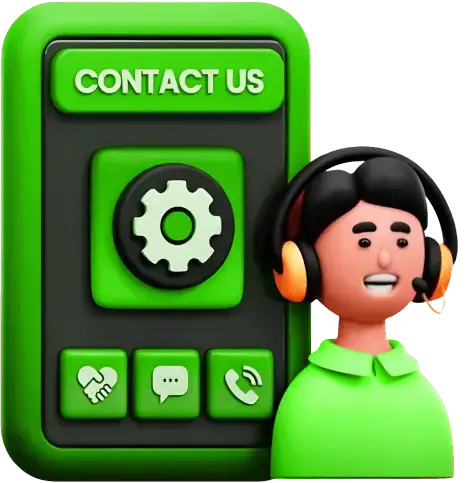Blockchain
We specialise in crafting custom blockchain for enhanced transparency and efficiency in supply chain management and fintech, focusing on secure ledger technology.
Wait! Get 10% OFF!
About Technology
Distributed Ledger Tech (DLT)
Blockchain technology is a decentralised, distributed ledger system that records transactions across multiple computers, ensuring immutability, transparency, and security through cryptographic hashing. It operates without a central authority, relying on consensus mechanisms like Proof of Work (PoW) and Proof of Stake (PoS) to validate transactions.
Key features
- Decentralisation: No central authority
- Consensus Mechanisms: Methods like PoW and PoW ensure agreement on the ledger state.
- Smart Contracts: Self-executing contracts with terms directly written into code, automating transactions.
- Tokenisation: Digital representation of assets on the blockchain, facilitating ownership and transfer.
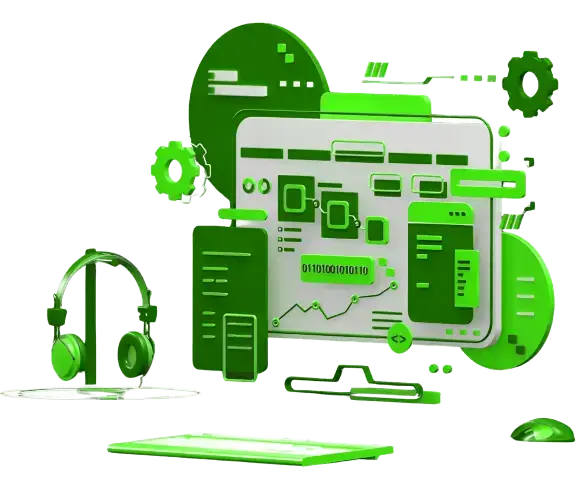
Our Process
Assessment
Once we've signed a non-disclosure agreement, we'll review the examples and requirements you provide. Our team will assess the project, then draft a proposal outlining all the end-product functionality, along with a detailed timeframe and cost breakdown for each component of the app.
Review and Negotiation
During this stage, you can review the proposal and ask any questions you may have. Once the project's price is negotiated and agreed upon, we can begin the project.
Preparation and Planning
We agree with you on the project costs and milestones. During this time, the design and planning phases begin. You have the option to be as involved in the project management and planning as you like, or you can leave it all to us, and we will handle your project with the utmost excellence. We then assemble a team of professional developers experienced in the key areas of your app. For payments, we use third-party services like Escrow, ensuring you pay only when each milestone is reached.
Development
At this stage, the actual work begins. Our developers follow the agreed-upon plan, and you can monitor progress with full transparency on our interactive Jira dashboard. This allows you to see what tasks are being worked on, the hours spent, and the progress made. Additionally, you can test the app at any time using TestFlight for iOS or by downloading the APK for Android.
Release and Support
After the successful and timely development of your app, we assist you in releasing it to the App Store or Google Play Market. We handle all setups, requirements, and checks requested by the respective platforms. Once the app is live, we provide 6-month project support, during which we fix bugs and perform maintenance. Additionally, we offer SEO and SMM services through our in-house team or partner affiliate program.
Technologies
DeFi
DeFi leverages blockchain technology to eliminate intermediaries in financial transactions. It includes platforms for lending (Aave), decentralized exchanges (Uniswap), and stablecoins (DAI). It promises greater transparency and access but faces regulatory and security challenges.
NFTs
NFTs are unique digital assets verified on blockchain, representing ownership of items like digital art and collectibles. They enable creators to monetize their work directly but face concerns over market speculation and environmental impact.
Smart Contracts
Smart contracts are self-executing contracts with the terms directly written into code on a blockchain. They enable trustless and automated transactions without intermediaries, pivotal in applications like DeFi and NFTs. Challenges include coding errors and legal recognition.
DAOs
DAOs are organizations governed by smart contracts and community voting, aiming for decentralized decision-making. They manage funds and projects transparently but struggle with regulatory recognition and effective governance.
Layer 2
Layer 2 solutions improve blockchain scalability by processing transactions off the main chain, reducing congestion and fees. Examples include the Lightning Network for Bitcoin and Optimistic Rollups for Ethereum. They enhance efficiency but can introduce complexity and security trade-offs.
GameFi
Allows players to earn cryptocurrency and digital assets through gameplay. Examples include Axie Infinity and Decentraland, where in-game earnings can be traded or sold for real-world value. This model turns gaming into an income source but faces market and regulatory challenges.
CBDCs
CBDCs are digital forms of a country's fiat currency issued by central banks. They aim to provide the benefits of digital payments with the stability of traditional money. CBDCs promise improved payment systems but raise concerns over privacy and governmental control.
Key Differences Between Chains
Here are some of the key differences between crypto chains
BTC
Purpose: Digital Currency
Consensus: Proof of Work (PoW)
Block Time: ~10 minutes
Max Supply: 21 million
Smart Contracts: Limited

ETH
Purpose: dApps and smart contracts
Consensus: Transitioning to Proof of Stake (PoS)
Block Time: ~15 seconds
Smart Contracts: Extensive (Solidity)
Tokens: ERC-20, ERC-721

Binance Smart Chain (BSC)
Purpose: Fast dApps and smart contracts
Consensus: Proof of Staked Authority (PoSA)
Block Time: ~3 seconds
Smart Contracts: Ethereum-compatible
Tokens: BEP-20, BEP-721
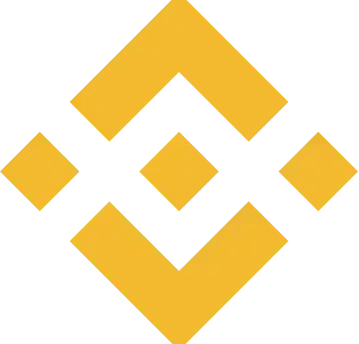
Solana (SOL)
iPurpose: High-performance dApps
Consensus: Proof of History (PoH) + PoS
Block Time: ~400 milliseconds
Smart Contracts: Supported (Rust, C)
Features: High throughput

Choosing between Crypto Blockchains
Bitcoin (BTC): Best for secure and widely accepted digital currency transactions.
Ethereum (ETH): Ideal for creating and running decentralized applications (dApps) and smart contracts.
Binance Smart Chain (BSC): Great for quick and low-fee transactions, with Ethereum compatibility.
Solana (SOL): Excels in high-speed transactions and low latency for performance-intensive dApps.
BASE (ETH): Designed for seamless interaction with ETH-based decentralised applications and smart contracts
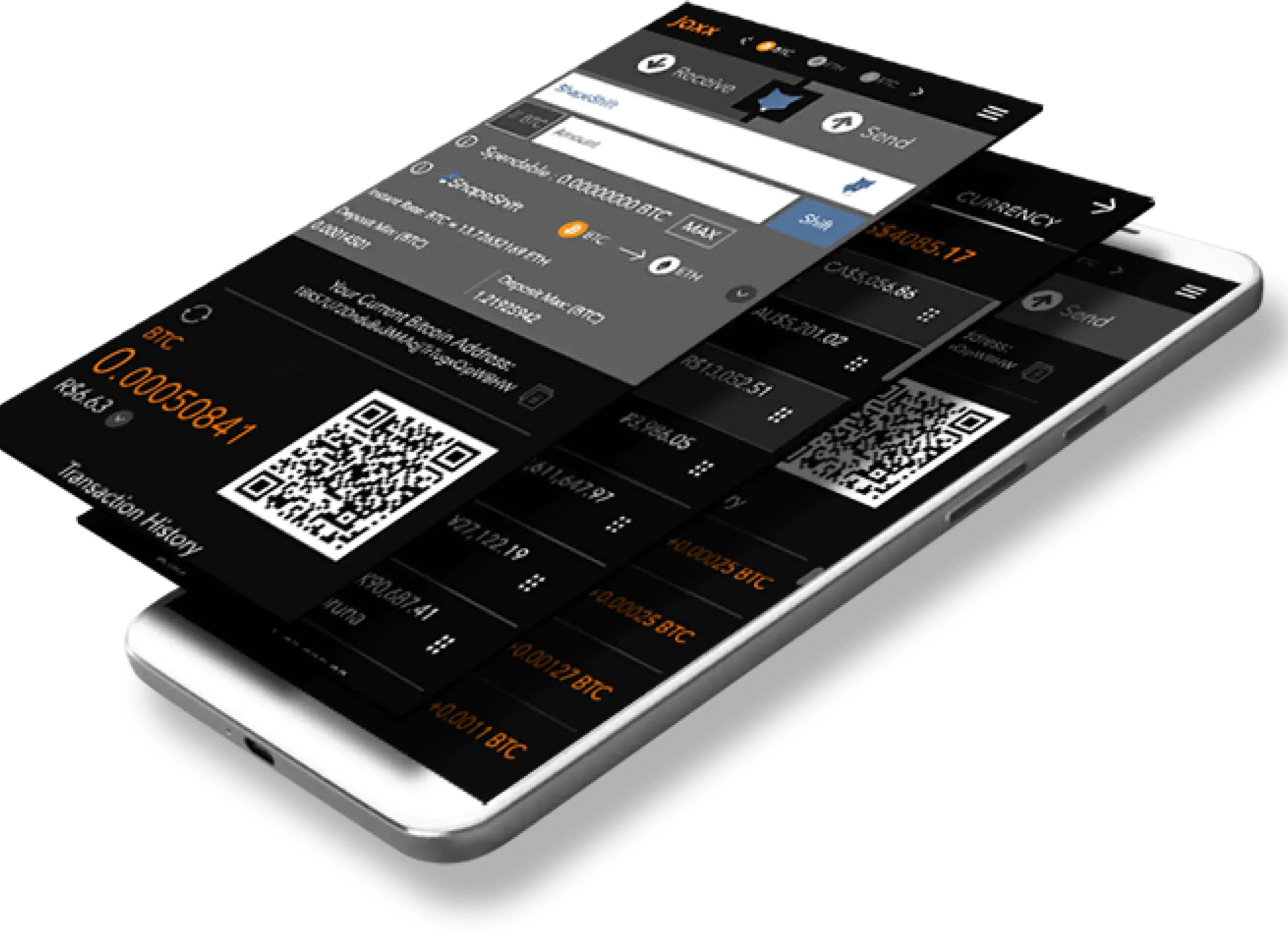
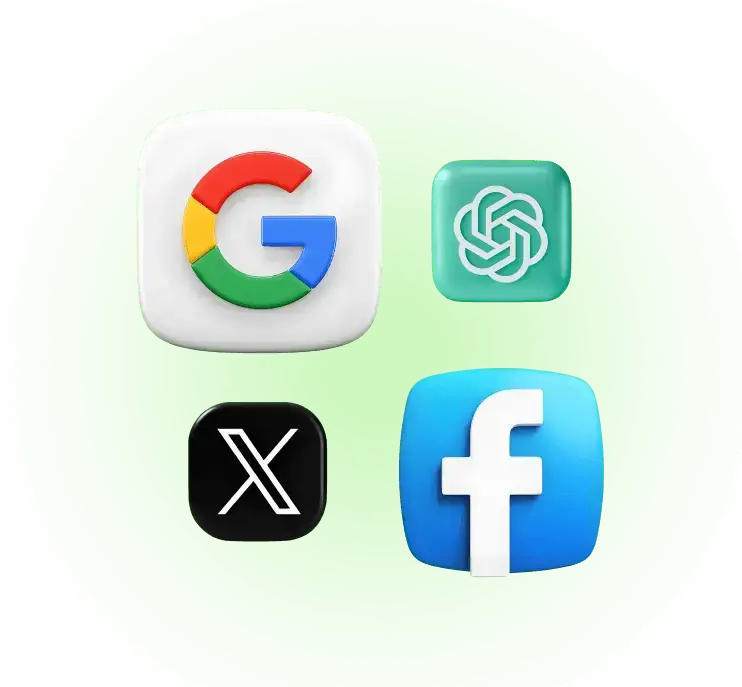
Boost Your App with Expert AI Integration
Unlock the power of advanced models like ChatGPT, Mistral, Bing, Google, Facebook, and X (Twitter), seamlessly integrated into your platform. Plus, take advantage of AI APIs like HubSpot and Salesforce. With AI at the heart of your app, you can:
- Offer seamless automated customer support.
- Boost security with automated fraud detection.
- Speed up investigations with automated forensics.
- Make informed decisions with accurate demand predictions.
- Personalize user experiences with smart content suggestions.
- Streamline content creation with AI-driven algorithms.
- Use advanced data analytics to gain actionable insights and optimize performance.
Empower your app to exceed expectations and transform user experiences with our comprehensive AI integration solutions.
So Far We Have Generated An
Estimate Of $8,149,732.27 In Sales
Revenue for Our Clients.
Our Projects
Your Idea. Our Skills.
Let's match them.
